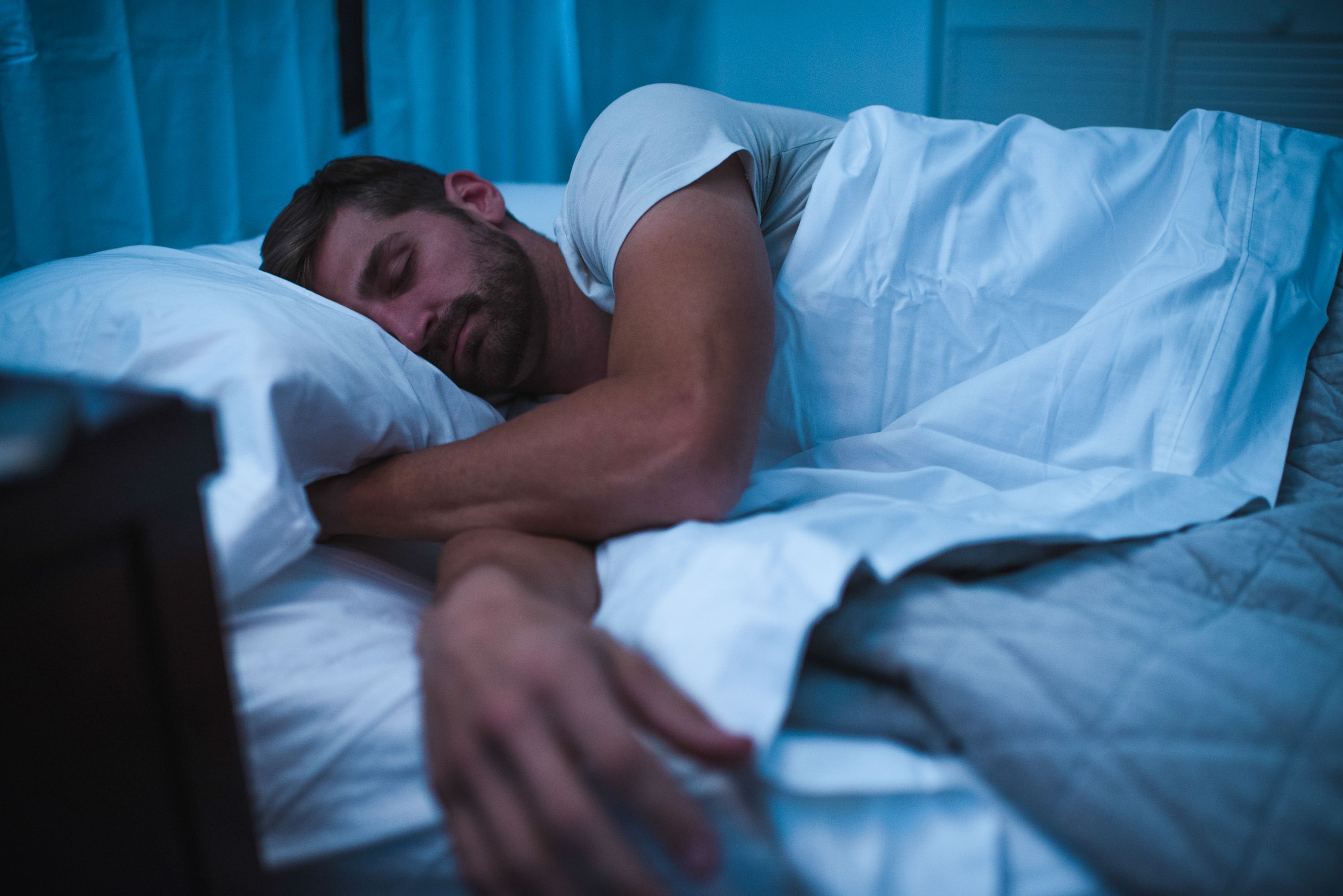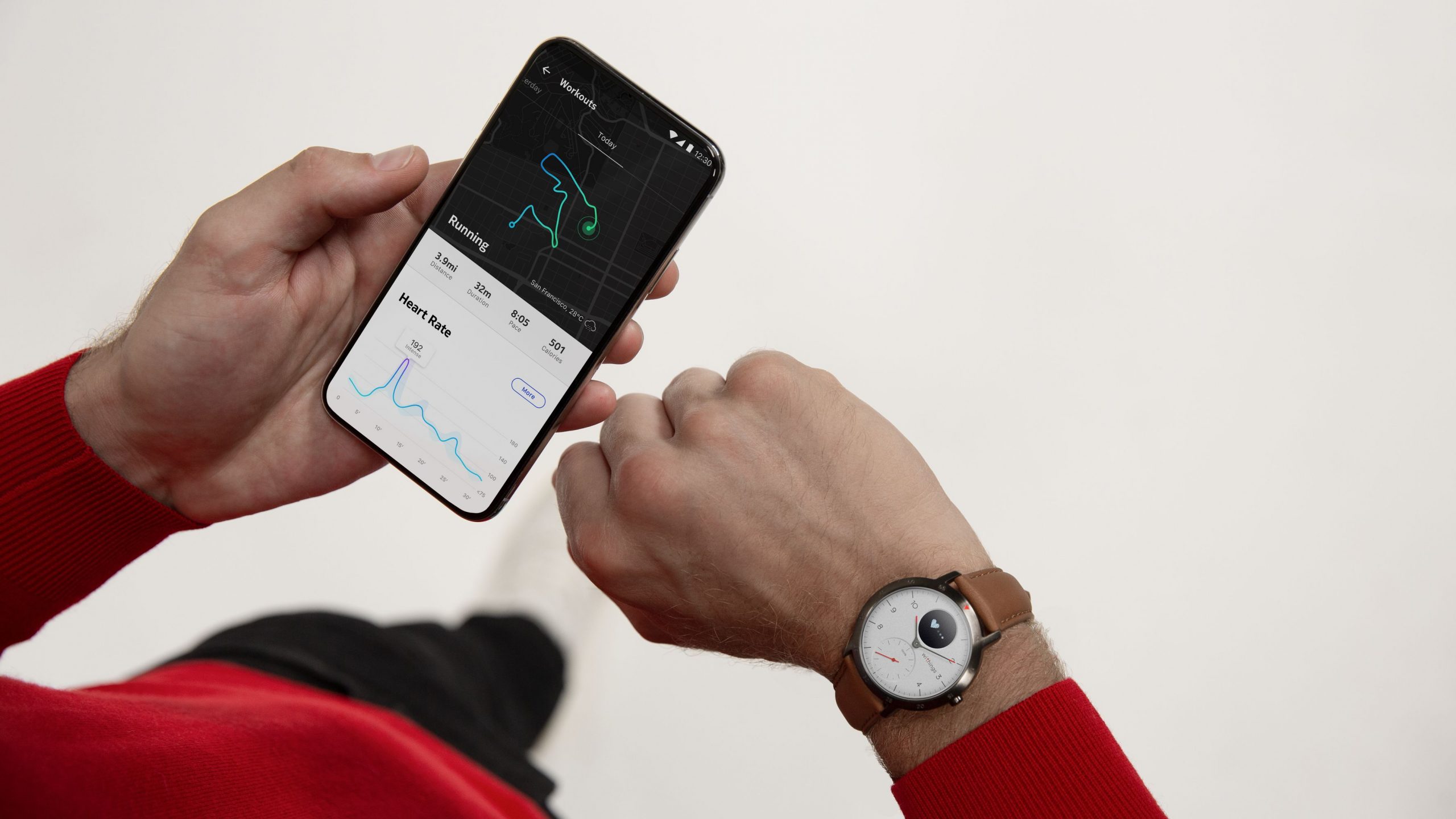
Does caffeine really prevent sleep? What to do in case of insomnia? Discover the truth revealed by Professor Escourrou, a doctor specialized in sleep.
In our previous investigation on 5 sleep myths we broke down some common misconceptions but… the mysteries of the night keep coming, and we asked our favorite sleep expert to help us get woke to what happens in bed.
Myth #1 – Binging a good series on a tablet in the evening helps you sleep
FALSE
You probably already know that the blue light emitted by phones and tablets inhibits sleep and stimulates our brain too much. You’ve obviously banned all electronic devices from your room, except for your e-reader and your dawn simulator alarm clock. But blue lights are not the only thing that disturbs our sleep. The light and sound from your tablet can prevent you from falling into a deep sleep and you may wake up feeling like you haven’t recovered.
Myth #2 – If you stay in bed during a bout of insomnia, you’ll eventually fall asleep and the problem will be solved
FALSE
One of the first non-medicinal treatments for insomnia is the technique of restricting time spent in bed. This method aims to match as much as possible the time spent in bed with the time spent asleep so that the brain associates this space with sleep. Therefore, you should not stay in bed if you suffer from insomnia. On the contrary, if you can’t fall asleep after 20-30 minutes, get up. Do a gentle activity such as reading or relaxing, and only return to bed when you feel sleep coming on.
Myth #3 – Caffeine prevents sleep
TRUE & FALSE
Caffeine has a stimulating effect on the body. Caffeine affects the nervous system at the level of adenosine receptors, a neurotransmitter that accumulates in the brain when we are awake. The more adenosine we have, the more we need to sleep. Caffeine prevents adenosine from binding and therefore delays sleep. Nevertheless, people eliminate caffeine differently. On average, it takes 4 to 5 hours to eliminate it, but in some people it can take more than 12 hours, while others eliminate it in a few minutes. Lucky them!
Myth #4 – You should go to bed even if you are not sleepy
FALSE
As mentioned above, it is important that your brain identifies your bed as a place to sleep. Save yourself the frustration of tossing and turning in your bed without getting to sleep, and watch for the signs that you’re getting sleepy so you can go to bed when you need to: yawning, heavy eyes, feeling cold or shivering.
Myth #5 – If I am not rested in the morning after a night of sleep, it is because of stress
TRUE & FALSE
Stress can affect the quality of your sleep. However, if stress is taking over your life to the point that it is interfering with your nights, we recommend that you see a doctor and take steps to reduce that stress. In addition, there are many other common sleep disorders that can prevent deep sleep from taking hold and make your nights less restful. One of the main symptoms of sleep apnea, for example, is feeling tired, even after a good night’s sleep.
Have sleep issues?
What can you do to improve your nights? Well if you think you might have sleep apnea, you can try the Stop Bang test or follow your breathing disturbances with Sleep, Sleep Analyzer, or ScanWatch, and then share the results with your doctor.



